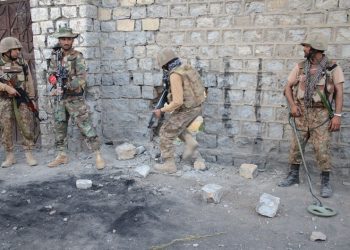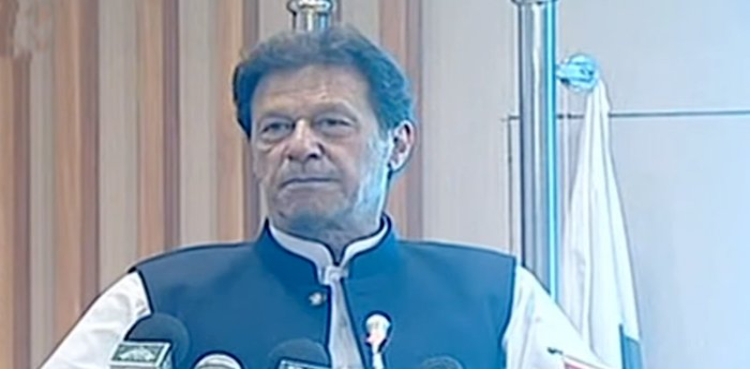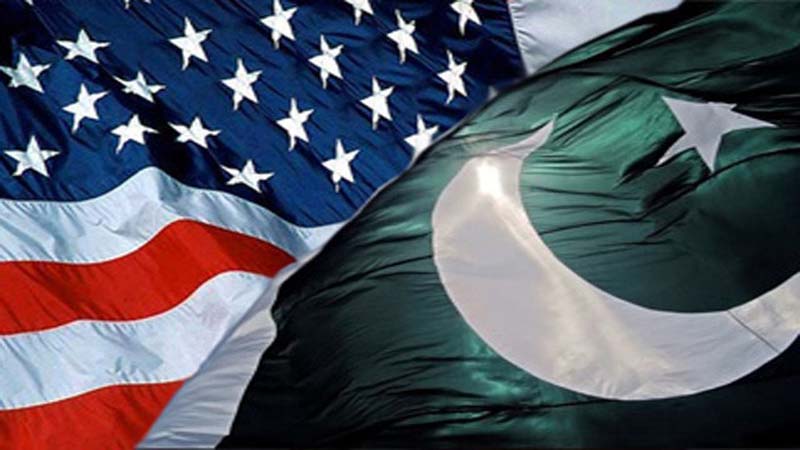A senior United States administration official said on Wednesday his country was trying to prevent the construction of Iran-Pakistan (IP) gas pipeline after the administration in Islamabad approved its 80-kilometer segment in February.
Originally intended to supply gas from Iran to both Pakistan and neighboring India, the IP project remained stalled for significant period due to the international sanctions targeting Iran.
The US expressed opposition to it from the outset, raising concerns that Pakistan could face financial penalties if it proceeded with it.
The issue came up for discussion during a Congressional hearing where US Assistant Secretary of State Donald Lu presented a testimony related to the political situation in Pakistan and answered a broad range of questions.
“I fully support the efforts by the US government to prevent this pipeline from happening,” he said in response to a query. “We are working toward that goal.”
The Petroleum Division of Pakistan’s Energy Ministry announced last month the country would build the pipeline from its border with Iran to Gwadar in the first phase.
The IP project, agreed upon by both countries, includes stipulations that could lead to financial penalties if either party fails to meet the construction deadlines or breaches the contract terms.
The US official dismissed the possibility that Pakistan’s decision to build the 80-kilometer stretch of the pipeline reflected its strategic alignment with Iran, pointing out that the two countries “traded missiles and drone strikes a few weeks ago.”
“We are tracking this planned pipeline between Iran and Pakistan,” he added. “Honestly, I don’t know where the financing for such a project would come from. I don’t think that many international donors would be interested in funding such an endeavor.”
He noted Pakistan had not sought any waiver related to the US sanctions that “would certainly result from such a project.”
“We are in consultation with the Pakistani government on this issue,” he continued. “The administration will uphold both in letter and spirit all sanction laws related to Iran.”
- HOME
- PAKISTAN
- INTERNATIONAL
- BUSINESS
- HEALTH
- ENTERTAINMENT
Trending Tags
- SPORTS
- BLOGS
Trending Tags
- HOME
- PAKISTAN
- INTERNATIONAL
- BUSINESS
- HEALTH
- ENTERTAINMENT
Trending Tags
- SPORTS
- BLOGS
Trending Tags
US working on ‘goal’ to prevent Iran-Pakistan gas pipeline projet, says Donald Lu
Get real time update about this post categories directly on your device, subscribe now.
Web Desk
Voice of Sindh is an initiative designed to uncover the untold stories of Sindh. It aims to preserve and promote the diverse culture, heritage, history, and traditions that make Sindh the bastion of pluralism and progress.















































